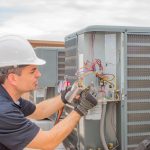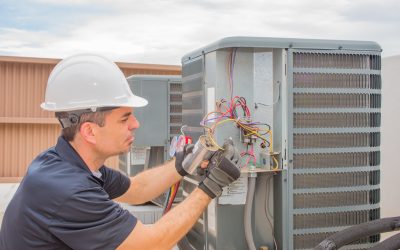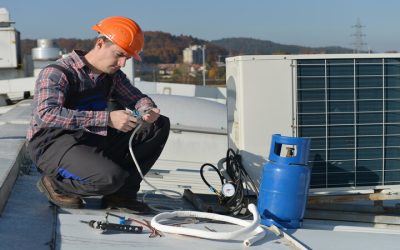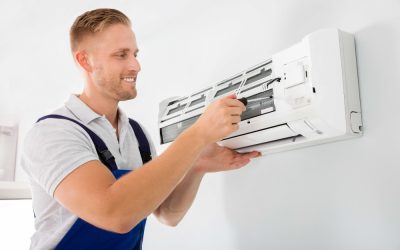When it comes to creating a comfortable and energy-efficient home, few systems are as essential as your heating, ventilation, and air conditioning (HVAC) unit. For residents seeking reliable solutions, searching for Residential HVAC Installation Omaha NE is a common first step to ensure their homes stay pleasant year-round while also keeping energy bills in check. Understanding what goes into a successful HVAC installation can make a significant difference in both comfort and savings.
Why Professional HVAC Installation Matters
The installation of an HVAC system is a complex process that requires expertise, precision, and careful planning. A professionally installed HVAC system ensures optimal performance, safety, and longevity. Here are some important reasons why professional installation is crucial:
• Correct Sizing: An HVAC system that is too large or too small for your home can lead to inefficient operation, uneven temperatures, and higher energy costs. Professionals use industry-standard calculations to determine the right system size for your specific needs.
• Proper Placement: The location of both indoor and outdoor units affects system efficiency and lifespan. Technicians consider factors such as airflow, proximity to windows, and local climate when placing units.
• Efficient Ductwork: Properly designed and sealed ductwork prevents air leaks, ensuring that conditioned air reaches every room and reducing wasted energy.
Factors to Consider Before Installation
Before scheduling an HVAC installation, homeowners should take several factors into account to maximize comfort and long-term savings:
1. Home Assessment: A thorough evaluation of your home’s insulation, square footage, and existing ductwork is essential. This helps in choosing the right system and identifying any necessary upgrades.
2. Energy Efficiency Ratings: Look for systems with high Seasonal Energy Efficiency Ratio (SEER) and Annual Fuel Utilization Efficiency (AFUE) ratings. High-efficiency systems may cost more upfront but provide significant savings over time.
3. Local Climate: Omaha experiences both hot summers and cold winters, making it important to select a system capable of handling diverse weather conditions.
4. Smart Thermostat Compatibility: Modern HVAC systems often integrate with smart thermostats, allowing homeowners to control temperatures remotely and optimize energy use.
5. Budget and Rebates: While it’s tempting to focus solely on upfront costs, consider long-term savings from lower utility bills and potential rebates for energy-efficient systems.
Benefits of Modern HVAC Systems
Investing in a new HVAC system offers numerous advantages beyond basic heating and cooling:
• Improved Air Quality: Newer systems often include advanced filtration and humidity control, contributing to a healthier indoor environment.
• Quieter Operation: Modern units are designed to run more quietly than older models, enhancing indoor comfort.
• Consistent Comfort: With improved zoning and airflow control, homeowners experience fewer hot or cold spots throughout their homes.
• Increased Property Value: A new, efficient HVAC system can be a strong selling point should you decide to move in the future.
Maximizing Your Investment
To get the most out of your HVAC installation, regular maintenance is key. Schedule seasonal tune-ups, replace filters as recommended, and address minor issues promptly to extend the life of your system and maintain peak efficiency.
In summary, a successful residential HVAC installation in Omaha, NE, involves careful planning, professional expertise, and attention to energy efficiency. By considering factors such as system sizing, placement, and advanced features, homeowners can enjoy year-round comfort while keeping energy costs manageable. Making informed decisions ensures your investment pays off in both comfort and savings for years to come.








